Google promises full Flash support in Android 2.2
The chief engineer behind Google's mobile OS says it is happy to support Flash, and says the open source approach will eventually triumph over 'closed' systems like Apple's.
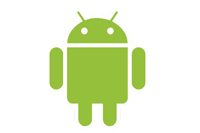
Google has confirmed that the next version of its Android mobile operating system will feature full support for Adobe's Flash Player.
In an interview with the New York Times, Google's vice president of engineering Andy Rubin said Android 2.2, codenamed Froyo, will be released with Flash support, though he didn't specify whether Android-powered handsets would have Flash pre-installed.
Google and Adobe have found common ground recently thanks to a series of public disagreements with fellow technology giant Apple, with the former increasingly targeting Apple in the mobile space and the latter at odds with Apple's refusal to support Flash or any apps based on Flash on the iPhone.
Much of the fuss has stemmed from seemingly offhand comments made by Apple boss Steve Jobs at various points, and Rubin was happy to return the favour in the New York Times interview as he talked openly about Apple's approach to doing business.
He argued that not providing Flash support in Android would contradict the very definition of Android being open source, regardless of what Flash was being used for, saying that sometimes being open "means not being militant about the things consumer are actually enjoying".
Rubin said Android's growth was vindication of Google's open approach and willingness to work flexibly with different manufacturers and platforms, and predicted it was inevitable that Android would overtake proprietary systems such as Apple's.
"It's a numbers game," he said. "When you have multiple OEM's building multiple products in multiple product categories, it's just a matter of time. I don't know when it might be, but I'm confident it will happen. Open usually wins."
Get the ITPro daily newsletter
Sign up today and you will receive a free copy of our Future Focus 2025 report - the leading guidance on AI, cybersecurity and other IT challenges as per 700+ senior executives
Apple's reservations about Flash centre on accusations that it is both unreliable and a system resource hog on Mac computers. However, Adobe is set to launch Flash Player 10.1 later in the year for both computers and smartphones, claiming it will be more reliable and have a smaller footprint than previous versions.
Apple has focused its attentions on HTML 5 instead, and made it an integral part of its iPhone OS 4.0 operating system. In doing so it has also tried to convince content providers to recode their sites into HTML 5, including CNN, Reuters and the New York Times itself.
Speaking about the device at the centre of the Apple vs Adobe dispute the iPad Rubin said he didn't think tablets would create an entirely new market but would instead siphon off laptop sales among users more focused on consuming information and media than productivity.
"I don't think people want to charge another device," he said.
-
 Cleo attack victim list grows as Hertz confirms customer data stolen
Cleo attack victim list grows as Hertz confirms customer data stolenNews Hertz has confirmed it suffered a data breach as a result of the Cleo zero-day vulnerability in late 2024, with the car rental giant warning that customer data was stolen.
By Ross Kelly
-
 Lateral moves in tech: Why leaders should support employee mobility
Lateral moves in tech: Why leaders should support employee mobilityIn-depth Encouraging staff to switch roles can have long-term benefits for skills in the tech sector
By Keri Allan
-
 Microsoft issues Flash update to patch remote code execution
Microsoft issues Flash update to patch remote code executionNews The update relates to a hole in platforms including Windows 8.1, Windows RT 8.1, Windows 10, and Windows Server 2016
By Clare Hopping
-
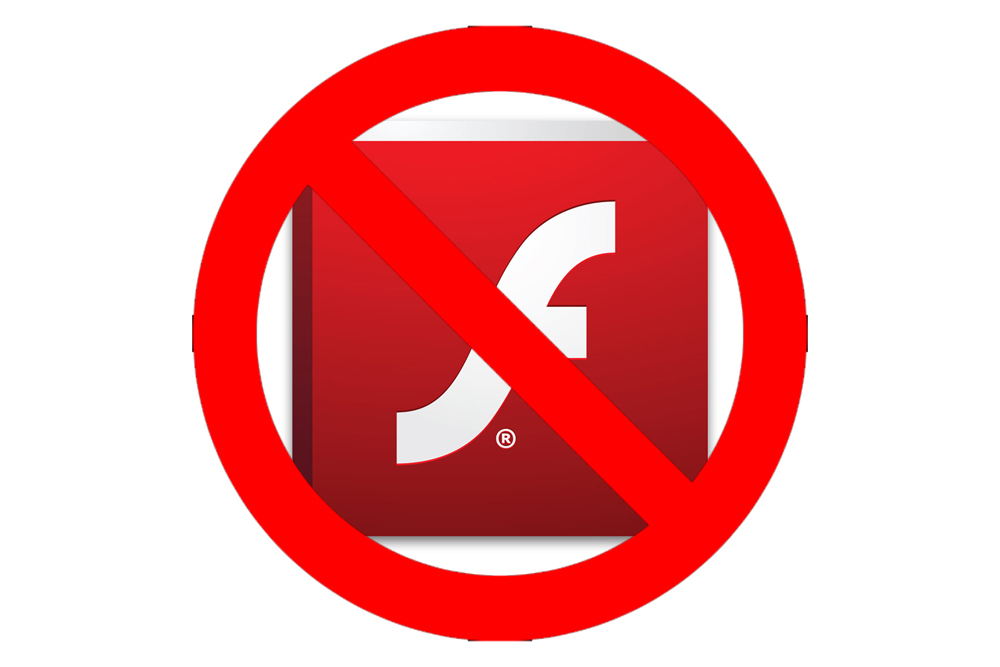 Google to dump Flash in ads from June
Google to dump Flash in ads from JuneNews Security gaffe prone technology to disappear by the summer
By Rene Millman
-
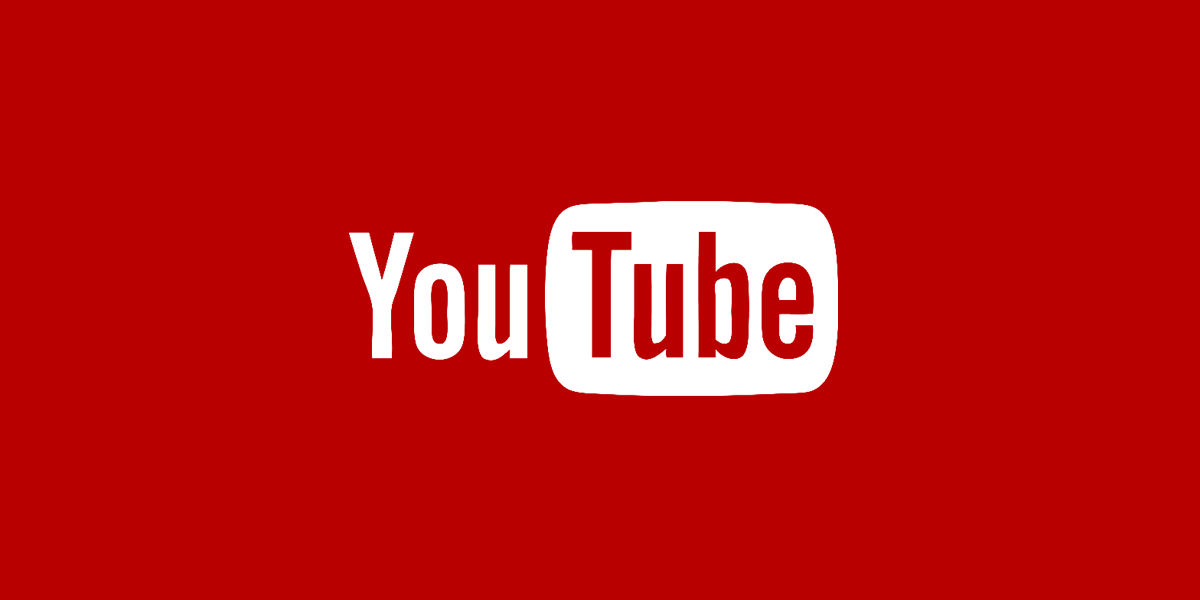 Google 'banishes' Adblock Plus from Chrome browser
Google 'banishes' Adblock Plus from Chrome browserNews Search giant appears to stop Adblock users skipping YouTube ads
By Clare Hopping
-
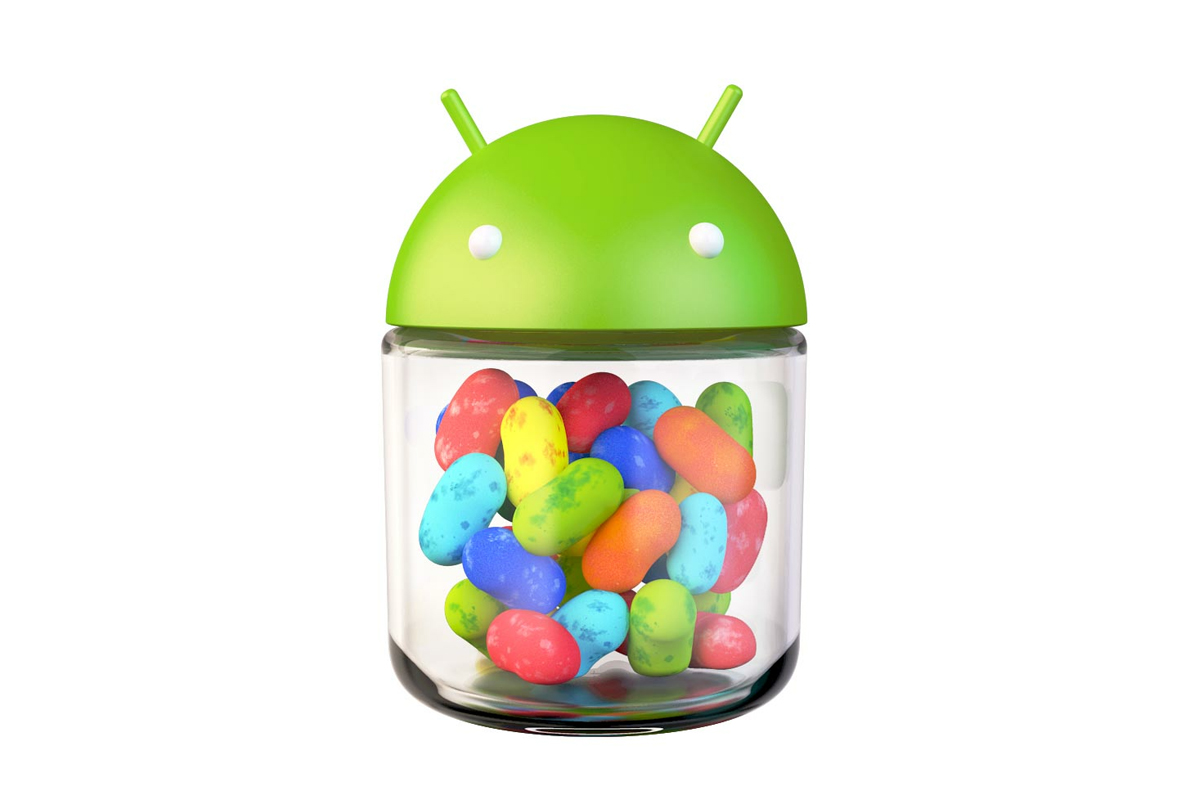 Adobe confirms Android 4.1 Jelly Bean will not receive Flash plug-in
Adobe confirms Android 4.1 Jelly Bean will not receive Flash plug-inNews Firm phases out Flash on mobile devices as HTML5 takes over.
By Khidr Suleman
-
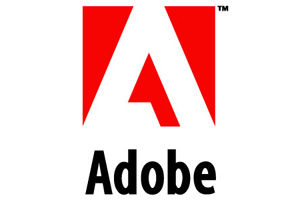 Adobe previews Flash alternative Edge
Adobe previews Flash alternative EdgeNews Flash may be on its last legs thanks to Adobe's new HTML5 tool, known as Edge.
By Tom Brewster
-
 Apple iPad 2 review
Apple iPad 2 reviewReviews The best tablet of the year or an unnecessary consumer bauble? We take an in-depth look at the 16GB WiFi iPad 2 to see whether you should deploy it in your business.
By Alan Lu
-
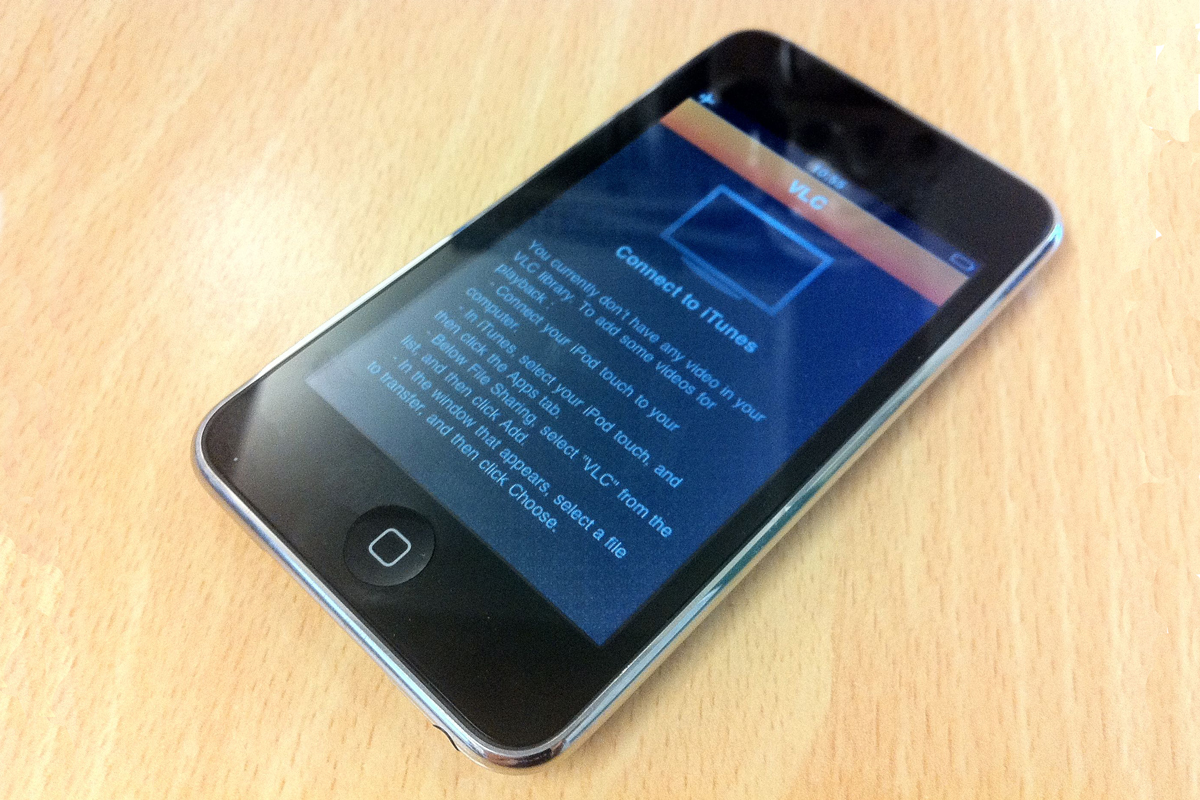 The truth about the iPhone, Flash video and battery life
The truth about the iPhone, Flash video and battery lifeIn-depth Does playing Flash video really sap an iPhone's battery life? We find out using our exclusive set of tests.
By Alan Lu
-
 Firefox gets crash protection in latest update
Firefox gets crash protection in latest updateNews Browser crashes from problematic plug-ins are a thing of the past, says Mozilla, but only for Windows and Linux users at this stage.
By Martin James